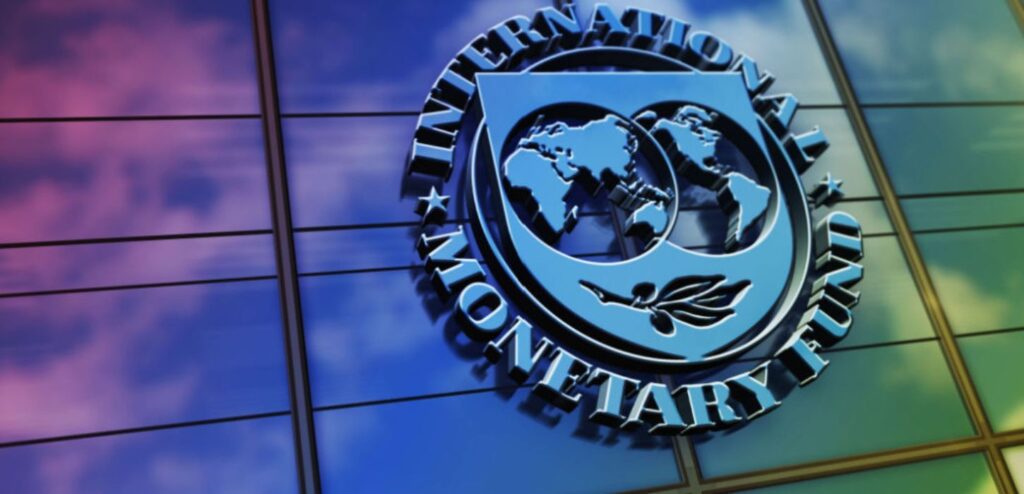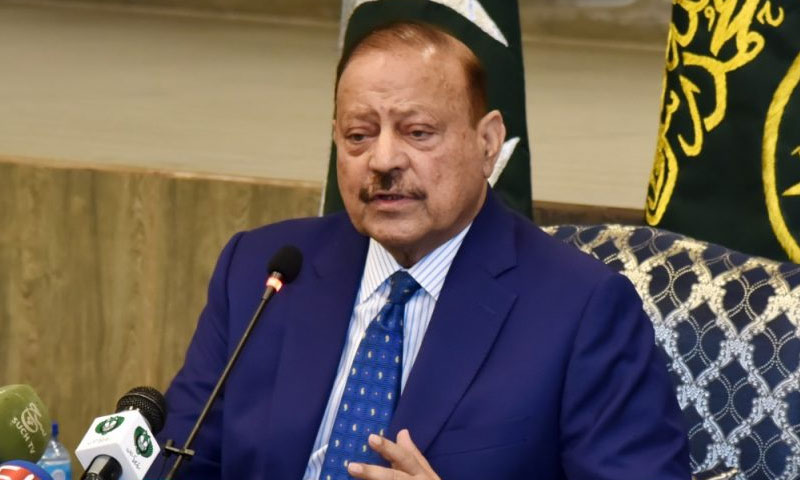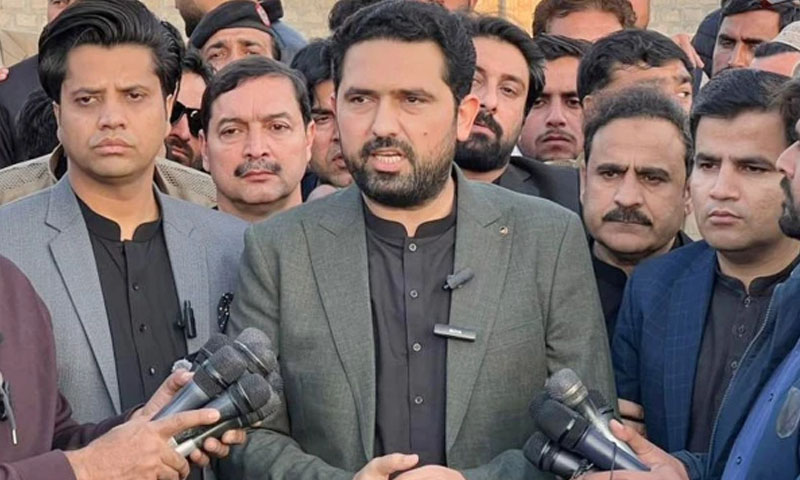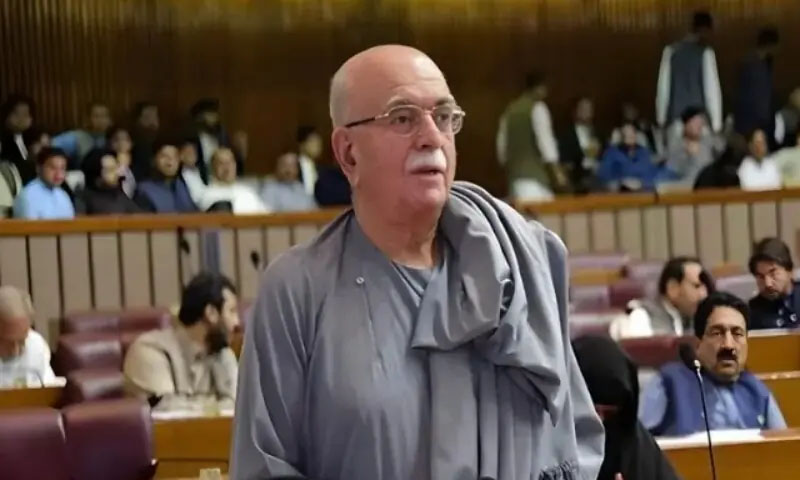- Web Desk
- Jan 31, 2026
Caretaker government faces IMF pressure for gas price adjustments
-

- Hum News
- Sep 19, 2023

ISLAMABAD: As the International Monetary Fund (IMF) continues to push for retrospective gas price adjustments to tackle the escalating circular debt, Pakistan’s caretaker government is tasked with implementing a series of immediate measures.
According to Dawn.com, these measures include increasing cash payments to urban beneficiaries of the Benazir Income Support Programme (BISP), earmarking funds for winter gas supplies in Balochistan, and executing cash and non-cash book adjustments to reconcile inter-corporate payables and receivables within the energy sector.
Moreover, the government must initiate long-term structural reforms, including the separation of the transmission network from the two existing Sui gas companies, transitioning towards a weighted average cost for local gas and imported liquefied natural gas (LNG), and boosting the production of oil and gas molecules.
The Dawn reported that discussions involving the Oil & Gas Regulatory Authority (Ogra), the Ministries of Finance and Energy, and representatives from Sui Northern Gas Pipelines Limited (SNGPL) and Sui Southern Gas Company Limited (SSGCL) have been ongoing regarding pricing mechanisms and the restructuring of payables and receivables within the energy sector.
The reports said that a central challenge lies in shielding underprivileged urban households from the shock of rising gas prices. Urban households have traditionally enjoyed lower gas prices compared to their rural counterparts, who rely on more expensive alternative fuels like liquefied petroleum gas (LPG).
Read Alert: Interim PM will fly to the U.S. today for General Assembly session
In Balochistan, where gas supply is a lifeline for tens of thousands during harsh winters, the issue becomes even more pressing. Addressing this concern may entail absorbing the costs of unaccounted-for gas (UFG) losses incurred by SSGCL, which fluctuate between 14 per cent and 18 per cent.
Meanwhile, to protect the vulnerable population in Balochistan, an estimated subsidy of approximately Rs10 billion is being considered. Additionally, discussions are underway to increase cash payments under BISP to help urban consumers in cities cope with the additional financial burden imposed by Ogra’s gas price hike of 45-50 per cent for the current fiscal year.
A senior government official emphasised the need to establish safety nets for low-income consumers, especially in Balochistan, where extreme cold temperatures during winter make the population more susceptible. Special tariffs aimed at supporting Balochistan’s low-income consumers are being worked out at a cost of Rs10 billion this year, with plans for further increases in the future.
While the exact figures regarding circular debt remain fluid, substantial portions of it may be addressed through book adjustments among energy entities’ payables and receivables and dividend payments involving government shareholding. However, a substantial portion must be resolved through price adjustments before September 30, effective from July 1, to ensure that consumers share the burden before the winter season.
As per the reports, due to mounting pressure from an upcoming IMF review at the end of September, stakeholders are scheduled to convene once more today to finalise a summary for the Economic Coordination Committee (ECC) concerning gas price adjustments. This proposal will subsequently undergo ratification by the federal cabinet and formal notification.
Gas prices are expected to rise for all consumers, including both protected and unprotected categories, with varying percentage increases. High-consumption consumers will bear the heaviest burden.
It is worth noting that the IMF’s approval is contingent on the government’s commitment to assist unprotected electricity consumers who use up to 200 units per month in paying their inflated bills through three-month installments.
Ogra had previously announced a 50 per cent increase (PKR415.11 per MMBTU) for Sui Northern Gas Pipelines Limited (SNGPL) consumers on June 2, 2023, bringing the subscribed gas price to PKR1,238.68 per MMBTU. Similarly, for consumers of Sui Southern Gas Company Limited (SSGCL), the regulator raised the gas price by 45 per cent (PKR417.23 per MMBTU) for the 2023-24 period.
SNGPL continues to grapple with an accumulative shortfall of PKR560.378 billion up to FY23, while SSGCL faces a shortfall of PKR97.4 billion. Consequently, the existing cumulative shortfall for both gas companies stands at PKR657.766 billion.
The government is also actively exploring various areas for optimisation, including maximising gas production from dormant gas fields and previously closed wells through the implementation of advanced technologies.




